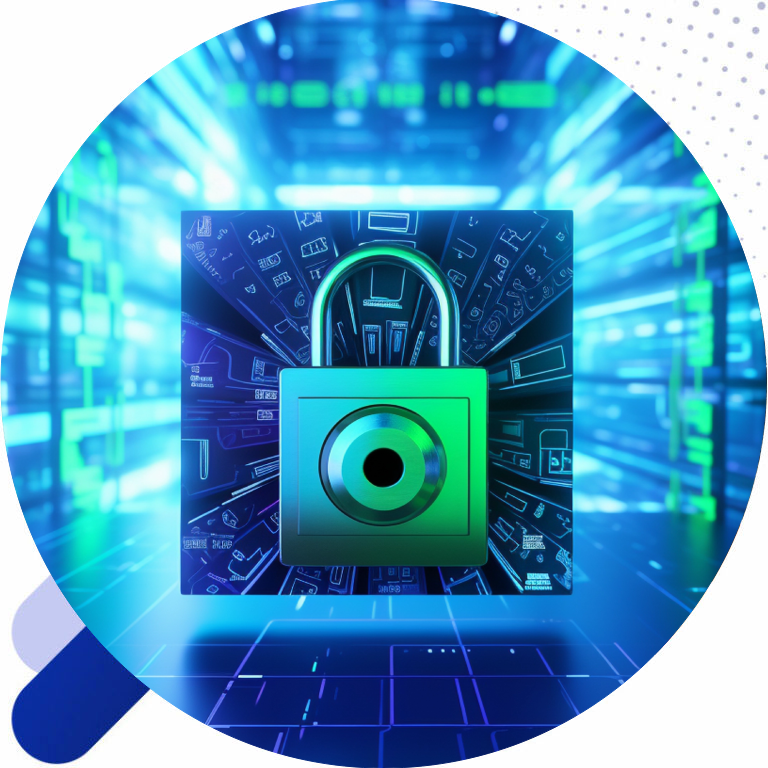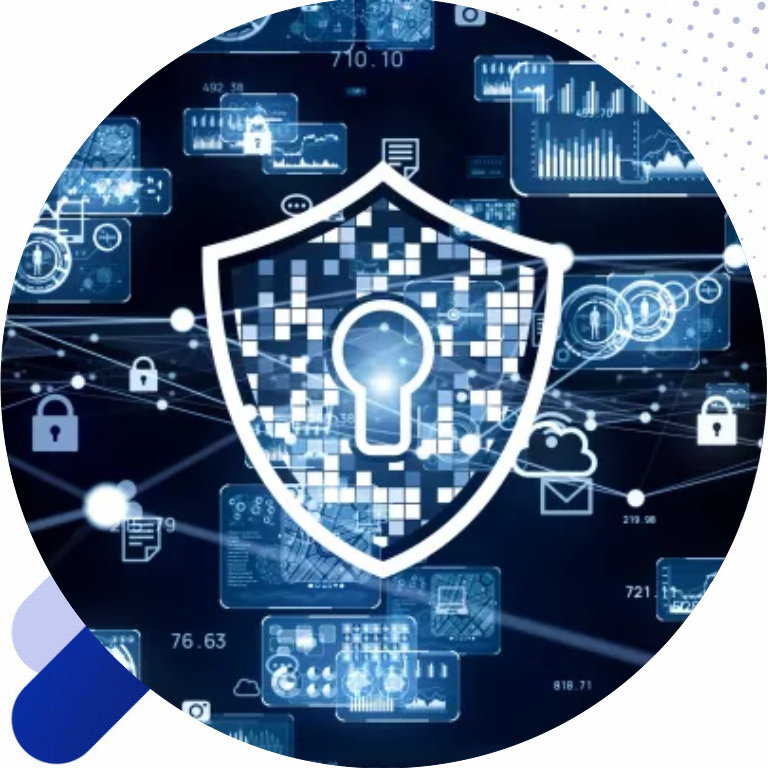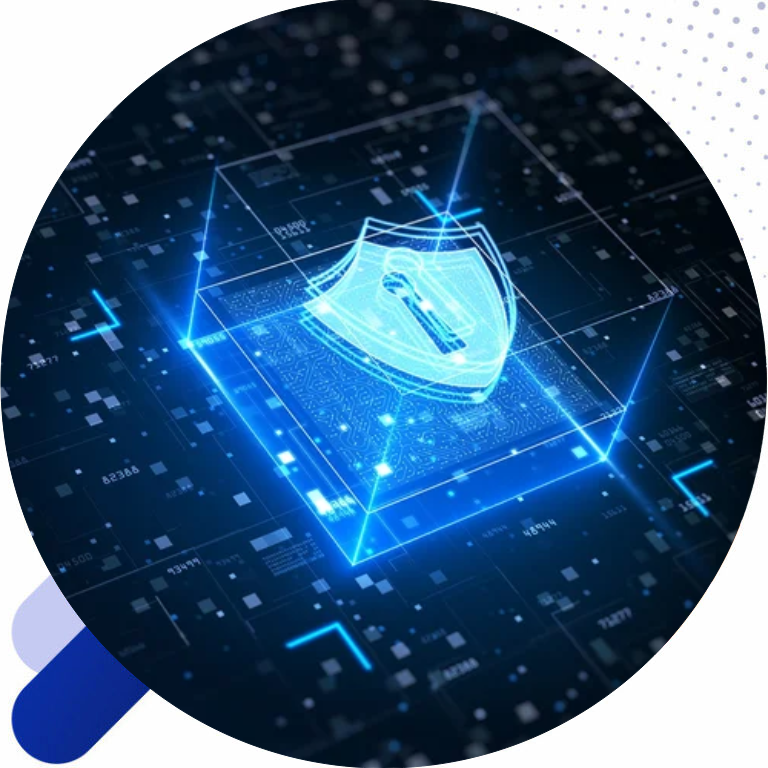Infrastructure Security: Strengthening the Backbone of Modern Society
In our increasingly interconnected world, the significance of robust infrastructure cannot be overstated. Infrastructure systems—ranging from transportation networks and utilities to information technology frameworks—serve as the foundation upon which our daily lives, economies, and national security hinge. However, with the growing complexity of these systems and the evolution of threats, infrastructure security has become an imperative that governments, organizations, and private entities must address with urgency and foresight.

Understanding Infrastructure Security
Infrastructure security encompasses a wide array of strategies and practices designed to protect an organization’s physical and digital infrastructures from potential threats. This can include safeguarding against cyber-attacks targeting critical information systems, physical threats to buildings or transportation systems, and the preparedness required to mitigate the effects of natural disasters.
Key Components of Infrastructure Security

Effective infrastructure security comprises several key components:
- Network Security: Protecting the network infrastructure from unauthorized access, misuse, or theft is foundational. This involves the use of firewalls, intrusion detection systems (IDS), intrusion prevention systems (IPS), and secure network architecture.
- Endpoint Security: As devices such as laptops, smartphones, and tablets connect to networks, ensuring their security is vital. Endpoint security solutions include antivirus software, encryption, and device management systems.
- Application Security: Applications are often targets for attackers. Secure coding practices, regular updates, and vulnerability assessments are essential to safeguard applications from exploitation.
Data Security: Protecting data at rest and in transit involves encryption, access controls, and data masking techniques. Regular backups and disaster recovery plans are also crucial for data resilience.
Identity and Access Management (IAM): Ensuring that only authorized individuals have access to systems and data is achieved through IAM practices. This includes multi-factor authentication (MFA), role-based access control (RBAC), and secure identity provisioning.
Physical Security: Protecting the physical components of the infrastructure, such as servers, data centers, and network hardware, is equally important. Measures include surveillance, access controls, and environmental controls to prevent physical tampering and damage.

Best Practices for Strengthening Infrastructure Security
To effectively address these challenges and bolster infrastructure security, organizations should adopt the following best practices:
Comprehensive Risk Assessment
Conducting regular risk assessments to identify vulnerabilities and potential threats is crucial. This helps in prioritizing security efforts and allocating resources effectively.
Implementing Defense-in-Depth
A multi-layered security approach, known as defense-in-depth, ensures that even if one layer is compromised, others remain intact to protect the infrastructure.
Continuous Monitoring and Incident Response
Real-time monitoring of systems and networks enables the early detection of suspicious activities. Establishing a robust incident response plan ensures swift action to mitigate the impact of security breaches.
Regular Updates and Patching
Keeping software, firmware, and hardware up to date with the latest patches and updates is vital to close known vulnerabilities.
Adopting Zero Trust Architecture
The Zero Trust model assumes that threats can exist both inside and outside the network. It requires strict verification of every access request, regardless of its origin, and minimizes the attack surface.
Engaging in Threat Intelligence Sharing
Collaborating with industry peers, government agencies, and security organizations to share threat intelligence helps in staying informed about emerging threats and effective countermeasures.
Challenges in Infrastructure Security
Despite the advancements in security technologies, organizations face several challenges in securing their infrastructure:
Evolving Threat Landscape
Cyber threats are constantly evolving, with attackers employing sophisticated techniques to bypass security measures. Staying ahead of these threats requires continuous monitoring, threat intelligence, and adaptive security strategies.
Complexity of Modern Infrastructure
With the proliferation of cloud services, Internet of Things (IoT) devices, and hybrid environments, securing infrastructure has become increasingly complex. Ensuring seamless security across diverse platforms and devices is a significant challenge.
Human Factor
Employees can inadvertently become a weak link in the security chain. Social engineering attacks, such as phishing, exploit human vulnerabilities. Regular training and awareness programs are essential to mitigate these risks.
Future Trends in Infrastructure Security
Looking ahead, several emerging trends are poised to shape the future of infrastructure security:
Quantum Computing
The advent of quantum computing could revolutionize encryption techniques. While it promises significant advancements in computational power, it also poses a threat to existing cryptographic standards. Preparing for quantum-resistant cryptography is becoming a priority for many organizations.
Zero Trust Security Model
The Zero Trust security model, which operates on the principle of “never trust, always verify,” is gaining traction. By assuming that threats could be present both inside and outside the network, Zero Trust minimizes the attack surface and reduces the risk of lateral movement within the network.
Speak With Expert Engineers.
Contact us by filling in your details, and we’ll get back to you within 24 hours with more information on our next steps

Please fill out the contact form

Call Us
United Kingdom: +44 20 4574 9617

UK Offices
Business Address: 70 White Lion Street, London, N1 9PP
Registered Address: 251 Gray's Inn Road, London, WC1X 8QT
Schedule Appointment
We here to help you 24/7 with experts
